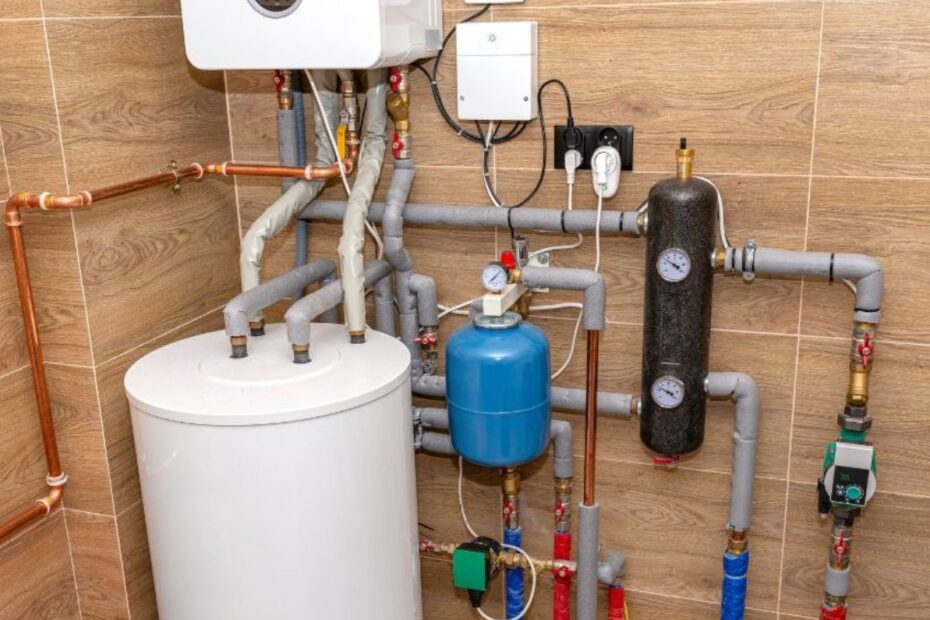Determining the tax deductibility of a water softener is a nuanced topic. So, the question arises Is A Water Softener Tax Deductible? While the straightforward answer is typically “no,” there are certain situations where it might be considered a deductible expense. This article delves into the complexities of tax deductions related to water softeners.
Key Takeaways
- Water Softeners Generally Not Tax Deductible: In most cases, water softeners are considered personal expenses.
- Possible Deductions for Home Businesses: Deductions may apply if the water softener is used for a home-based business.
- Rental Property Considerations: If installed in a rental property, it might qualify as a deductible expense.
- Medical Reasons: Deductions may be allowed if a water softener is medically necessary.
- Energy-Efficient Upgrades: Possible deductions under specific energy-efficient home improvement programs.
Is A Water Softener Tax Deductible?
No, a water softener is generally not tax deductible for personal use in a home. However, if it is installed in a rental property or used in a home-based business, it may be partially deductible.
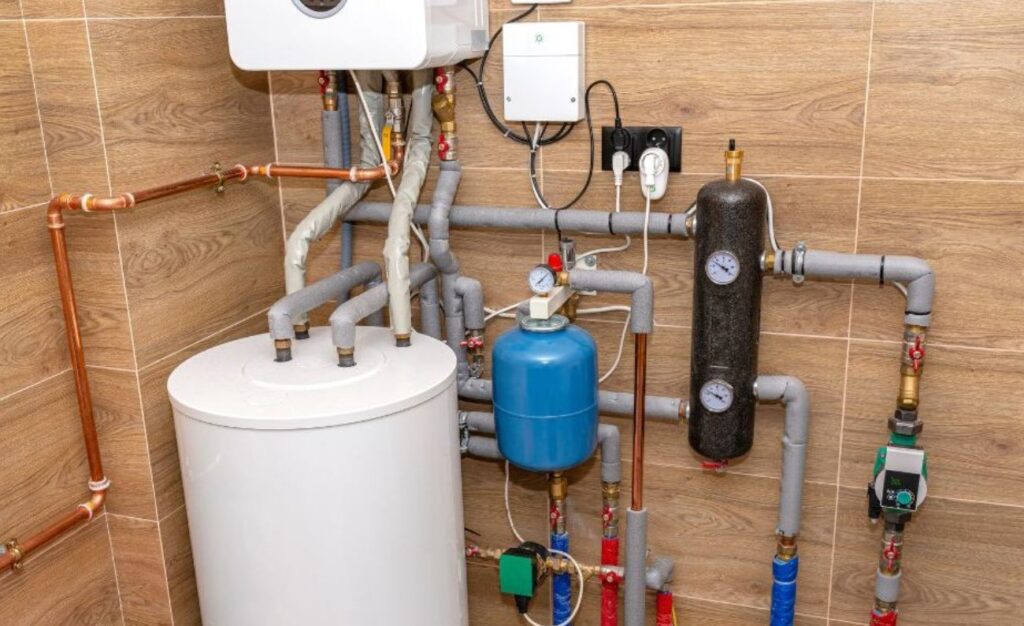
Tax Deductibility of Water Softeners: General Overview
In general, water softeners are not tax-deductible because they are seen as personal expenses. However, there are exceptions to this rule. It’s essential to understand the IRS guidelines to identify any possible tax benefits.
Situations Where Deductibility Applies
Home-Based Businesses
If you run a business from your home and the water softener is integral to its operation, a portion of its cost might be deductible. This deduction is typically calculated based on the percentage of home use that is dedicated to business activities.
Rental Properties
Installing a water softener in a rental property can be considered a deductible expense. This falls under property improvement and maintenance, which are generally tax-deductible for landlords.
Energy-Efficient Home Improvements
Some water softening systems might qualify for deductions under energy-efficient home improvement tax credits. These credits are designed to incentivize homeowners to install environmentally friendly systems in their homes.
Medical Necessities
In rare cases, if a doctor prescribes a water softener for specific health reasons, it might qualify as a medical expense. However, this situation is quite specific and requires substantial documentation.
Tax Implications for Homeowners
Homeowners typically cannot deduct the cost of a water softener from their taxes. However, this expense can contribute to the overall value of the home, potentially impacting future tax considerations related to home sales or capital gains.
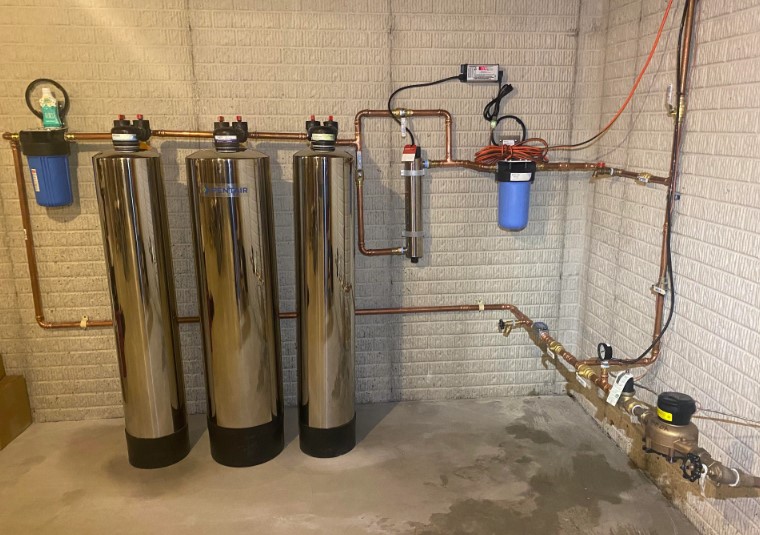
Property Value Enhancement
Installing a water softener can increase a home’s value. While this doesn’t offer immediate tax benefits, it can be advantageous when selling the property.
Capital Gains Considerations
When a home with a water softener is sold, the increased value of the home might affect capital gains taxes. It’s crucial to keep records of such improvements for accurate tax reporting.
Tax Deductions for Businesses
Businesses, especially those that use large amounts of water, might find tax advantages in installing a water softener. These benefits often hinge on the type of business and its water usage.
Direct Business Use
Businesses that require softened water for their operations can often deduct the cost of the system and its maintenance as a business expense.
Long-term Asset Depreciation
For businesses, water softeners can be considered long-term assets. As such, they may be subject to depreciation, which can be deducted over several years.
Environmental Tax Credits and Rebates
Some states and local governments offer tax credits or rebates for the installation of energy-efficient appliances, including water softeners.
State-Specific Programs
Several states have programs encouraging the installation of environmentally friendly systems. These programs often include tax credits or rebates.
Federal Energy Efficiency Credits
The federal government sometimes offers tax credits for certain energy-efficient home improvements. It’s important to research current programs to understand if a water softener qualifies.
Medical Deductions: A Rare Scenario
In extraordinary cases where a water softener is medically necessary, it might qualify as a deductible medical expense. However, this scenario requires thorough documentation and a clear medical justification.
Qualifying Medical Conditions
Only specific medical conditions that necessitate the use of softened water would qualify for this deduction. Documentation from a healthcare provider is crucial.
IRS Guidelines
The IRS has stringent guidelines for what constitutes a deductible medical expense. Taxpayers considering this deduction should consult these guidelines and potentially seek advice from a tax professional.
Water Softeners in Home Improvement and Resale
While the installation of a water softener doesn’t typically offer direct tax deductions for homeowners, it can be an important factor in home improvement and resale.
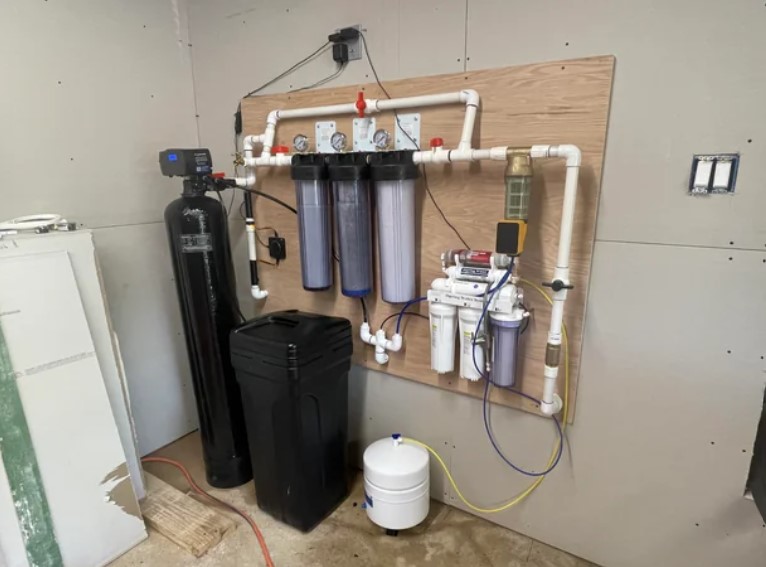
Impact on Home Resale Value
A water softener can be an attractive feature for potential home buyers, potentially increasing the home’s market value.
Home Improvement Records
Maintaining records of home improvements, including the installation of a water softener, is essential for accurately determining any potential tax implications during the sale of the home.
Can You Claim Water Filtration System On Taxes?
Claiming a water filtration system on taxes depends on specific criteria and the nature of its use. For homeowners, water filtration systems are generally not tax-deductible as they are considered personal expenses.
However, if the system is installed in a property that generates income, like a rental property, it may be deductible as a property improvement expense. Similarly, if a water filtration system is essential for a home-based business, a portion of its cost might be deductible.
This is particularly relevant if the water quality directly impacts the business operation. Additionally, if a water filtration system is required for medical reasons and prescribed by a physician, it may qualify as a medical expense deduction, though this is quite rare and requires substantial documentation.
What Utilities Expenses Are Tax Deductible?
Utilities expenses are tax-deductible in certain business and rental property situations. For individuals running a home-based business, utility costs associated with the business use of the home (like electricity, gas, water, and internet) can be partially deductible.
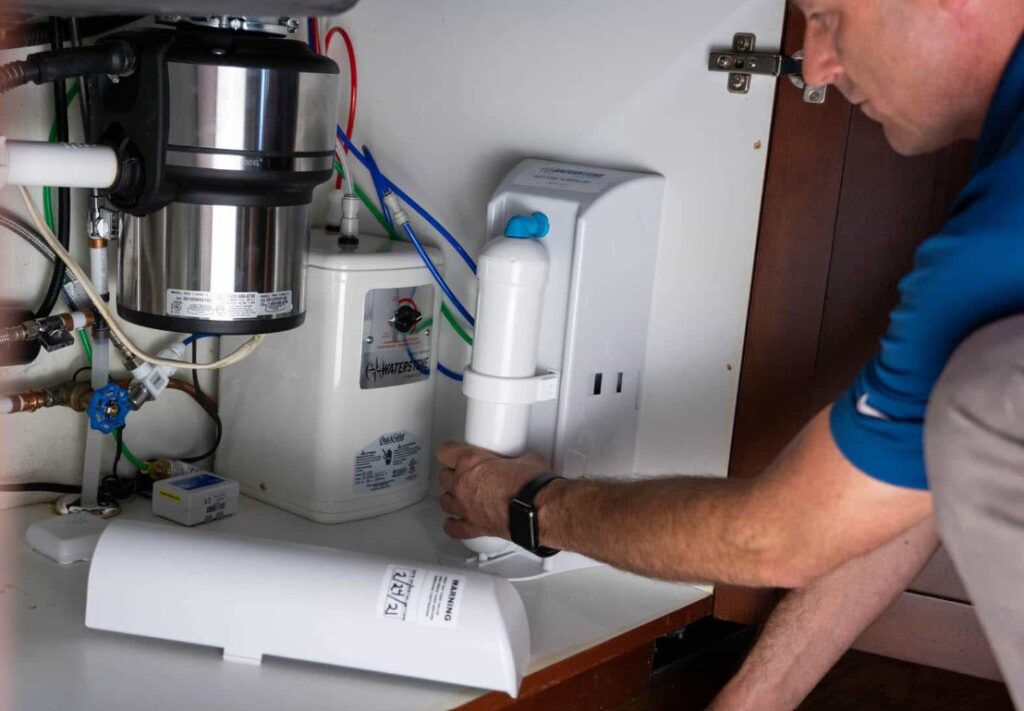
The deduction is typically based on the percentage of the home used for business. For landlords, utilities paid on rental properties are generally tax-deductible as operating expenses.
This includes utilities paid by the landlord for the entire rental property or shared utilities. However, for personal residences, utility expenses are not deductible on individual tax returns.
Are Plumbing Expenses Tax Deductible?
Plumbing expenses are tax-deductible under specific circumstances. For homeowners, general plumbing repairs or improvements are not deductible on personal tax returns as they are considered personal expenses.
However, if the plumbing work is done on a property used for business (such as a home office) or a rental property, the expenses can be deductible. In the case of a rental property, plumbing expenses are typically considered maintenance or improvement expenses and can be deducted from rental income.
For a home office, the deduction would be proportionate to the size and use of the home office space. It’s important to maintain detailed records and receipts of these expenses for accurate tax filing.
Conclusion
In conclusion, while water softeners are generally not tax-deductible, there are specific situations where deductions might apply. This includes use in a home-based business, rental properties, and rare medical necessities. Additionally, certain energy-efficient models may qualify for tax credits.
Homeowners should also consider the potential impact on property value and capital gains tax. It’s crucial to consult with a tax professional to understand the specific implications of your situation.
People Also Ask
Can I deduct the full cost of a water softener in the year it’s installed?
For businesses, it’s more likely to be depreciated over several years. For personal use, including rental properties, it usually cannot be deducted in full in the year of installation.
Are there any rebates available for installing a water softener?
Some states and local governments offer rebates for installing energy-efficient appliances, including water softeners. It’s advisable to check with local utility providers or government agencies for available rebates.
Can businesses deduct the cost of a water softener?
Yes, businesses can often deduct the cost of a water softener, especially if it’s essential for their operations. These costs can be considered as part of business expenses and may also be subject to depreciation.
How does a water softener impact home value for tax purposes?
While it doesn’t directly impact annual taxes, a water softener can increase the resale value of a home. This increased value can affect capital gains tax if and when the property is sold.
A multifaceted professional, Muhammad Daim seamlessly blends his expertise as an accountant at a local agency with his prowess in digital marketing. With a keen eye for financial details and a modern approach to online strategies, Daim offers invaluable financial advice rooted in years of experience. His unique combination of skills positions him at the intersection of traditional finance and the evolving digital landscape, making him a sought-after expert in both domains. Whether it’s navigating the intricacies of financial statements or crafting impactful digital marketing campaigns, Daim’s holistic approach ensures that his clients receive comprehensive solutions tailored to their needs.
